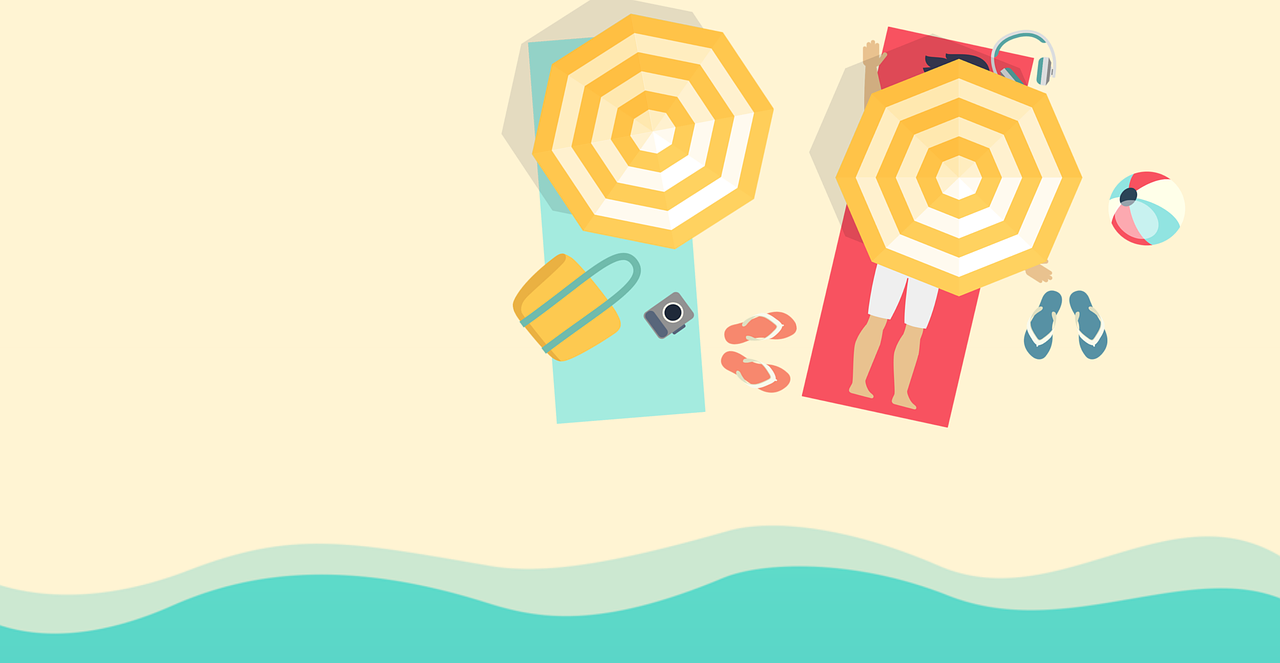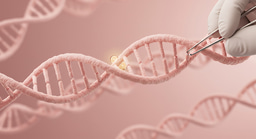
Many of us work under the assumption that at some point, either because of the weekend or holidays, a break from work will arrive, and we can rest, recharge, or focus on the things we like. However, I posit that this perception is somehow an illusion. What typically occurs is a temporary pause in our work, and inevitably work demands will resurface. Here, I reflect on the disparity between the expectations one may have about careers and breaks and the often less glamorous reality.
This whole idea started when we were kids. Our life as young scholars was punctuated by the weekends and breaks. As much as we all liked school (right?), this cycle made many of us live for the weekend and sometimes go through the motions during the week. After all, it was the weekend we did the most interesting stuff with our friends. After a few years into this “I-hate-Monday routine” one may have realised that, without much surprise, the beloved weekend or holiday would quickly vanish, and Monday, or the beginning of school after holidays, would inevitably arrive. All the expectations about these breaks had also started to vanish. Are they like they say?
The transition to a more conventional job only intensified this cycle. Unlike before, where goals were clearly defined – be it the next class, the next school, or completing academic milestones – a somewhat stable employment meant the weekend routine became inescapable until retirement. While significant, the consolation that comes with having a job one loves (an idea that started to propagate to mitigate the illusion) falls short. Regardless of how much one enjoys their job, work remains a necessary and substantial part of life (unless one is lucky/successful enough to retire at a young age).
In this new landscape, where goals seem less tangible, our lives oscillate between work and the coveted breaks. We work tirelessly, yearning for a break to "recharge the batteries" and pursue our passions. As an academic, one may go even further and do actual work during a break or meticulously schedule breaks to be able to do the work (reading or grant writing). Still, as for anything in life, breaks are fleeting, and no matter how much you have longed for them, they will end. Upon your return to work, the only consolation will be an email asking whether you have enjoyed your break, to which one silently replies with a tear in the eye, "Of course I did!".
Does this perpetual cycle indicate we are living our lives incorrectly? While it may sound extreme, many of us have likely grappled with such feelings, irrespective of our love for our work. I may even argue that superstars like musicians and sports celebrities must have felt like this. Imagine Metallica playing “Master of Puppets” for 35 years almost every night. I suppose, at some point, they may get tired of this. If someone managed to escape this, please let me know how 😉. Still, breaks are undeniably vital for our well-being, often serving as the incubator for the birth of the best ideas, sometimes occurring in the most unexpected moments, like a morning shower. So, how do we get out of this impasse?
-
“Unified Life” Approach: Dividing our life between "work" and "real life", although suggested by all sorts of life hack gurus, appears to me unproductive, and it propagates the idea that one has two different lives, fulfilled by different goals and values. Often, the time one can dedicate to the latter is limited, creating frustration. Considering that, regardless of how much one enjoys work, it is where one spends most of their life, and no amount of holiday, break, or retirement can compensate for the time spent working. This simple truth can sound daunting, but one must accept it and act accordingly. It is OK to separate work and non-work (and the respective networks), but we are still living our lives at work, so let’s strive for the best environment we can find. In addition, the expectation of always being connected and available (not only workwise but also socially), particularly with advancements in technology, often makes it challenging to establish what is defined as a “healthy work–life balance” and the boundaries inevitably harder to represent.
-
Impermanence of Breaks and Feelings: As previously discussed, breaks (and workdays) are as impermanent as everything else in our lives. Understanding the transient nature of feelings allows one to appreciate them: one cannot appreciate happiness without experiencing sorrow. In addition, the idea that one can finally rest during the break often leads to performance anxiety and conflicts with what one may want to do (should/could I read scientific papers or emails on holidays, or is it a crime?). This doesn’t mean that one should never break, but that sometimes, the anticipation of the break creates more stress and conflicts with personal desires.
-
Recharging the Battery Fallacy: The idea that one can recharge the battery is similarly misguided in my view. Yes, if one went through an intense period, for instance, when finishing a manuscript or thesis, a break is essential to regain perspective. But what happens when one goes back to work? If the work environment is as before, it won’t take more than a few days to return to the same feeling of exhaustion. Indeed, it was shown that the benefit of a work break vanes quickly (in a month or so); see this paper. In addition, if one had worked so hard to reach the breaking point or burnout, the idea of recharging the batteries in a couple of days may not work and the damage may have been irreversible. Therefore, gauge your energy daily before reaching the "low battery" signal. Work hard, break harder.
- Constant Motion of Life: Another essential conclusion is that there will rarely be a moment in our (working) life when there are no things to do, an empty mailbox, or a completely checked to-do list. It is like thinking that when you have finished taking out the rubbish or ironing, there won’t be more of these things in the future. The bottom line is that the less we project ourselves and relegate our happiness to the moment in the future where we can relax or “recharge the battery,” the better we can enjoy the present. And we may even realise that the present doesn’t exist. We live in a constant flow of information (but this may be a topic for another time).
In conclusion, realising that life is in constant motion, one could reduce the frustration of the avalanche of work that will never stop coming and evade the zero-inbox illusion or clean desk before feeling OK, or before the holiday or the weekend (this is a note to self too). Monday will surely arrive, and if it doesn’t, then I suppose we have a problem, but no longer ours. We are all, in a sense, Sisyphus, who I am sure took a break before the next ascent.
Top image of post: by Rani Suarni from Pixabay





Join the FEBS Network today
Joining the FEBS Network’s molecular life sciences community enables you to access special content on the site, present your profile, 'follow' contributors, 'comment' on and 'like' content, post your own content, and set up a tailored email digest for updates.